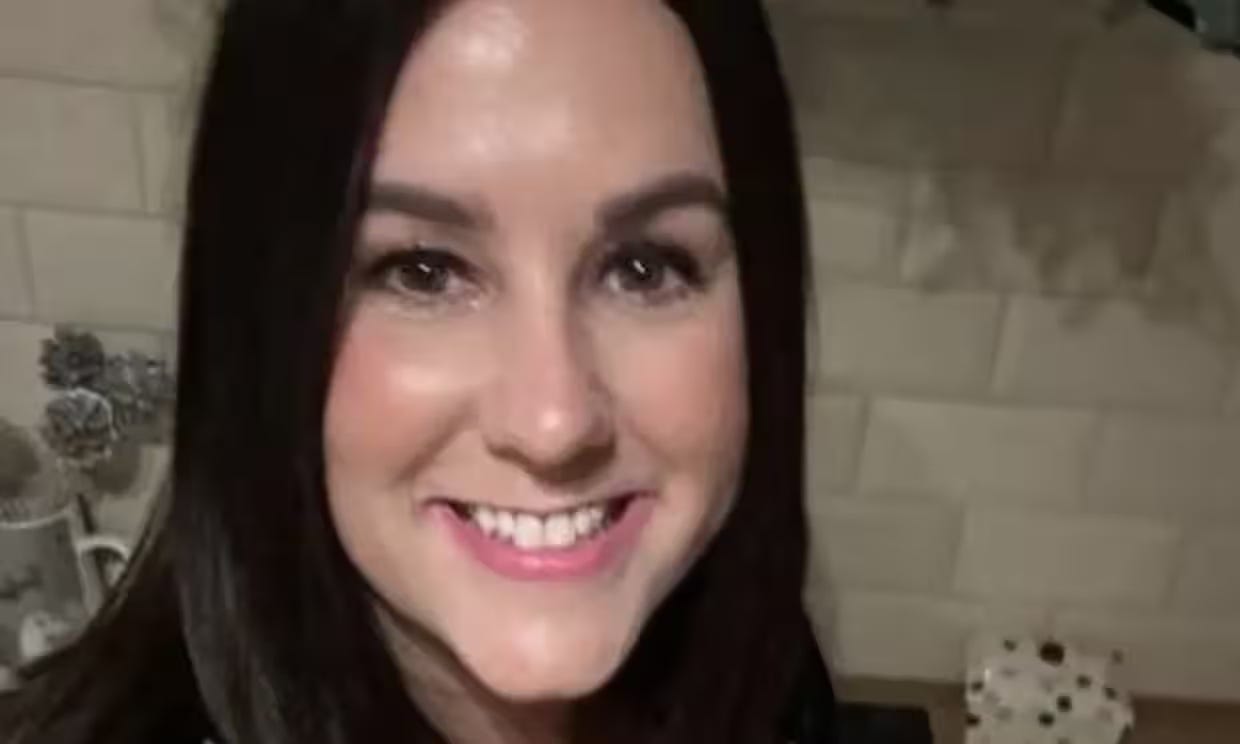The UK is no longer a free country
The jailing of a mother for an offensive social media post should be the final straw. It’s time to stand up to state authoritarianism.
“Mass deportation now, set fire to all the fucking hotels full of the bastards for all I care, while you’re at it take the treacherous government politicians with them.”
Unpleasant stuff, obviously. It’s the kind of comment that one sees every now and then on social media, an inevitable feature of the digital public square. My usual approach is to block users who post such bile. This tends to solve the problem. It would never cross my mind to call the police and demand that whoever wrote it be incarcerated.
But of course we live in the United Kingdom in 2024, where free speech no longer applies. These words were written by Lucy Connolly, a mother of three who has now been sentenced to 31 months in prison for a tweet. It was posted in the aftermath of the murder of three girls in Southport, at a time when false rumours were circulating that the perpetrator was an asylum seeker. The tweet was doubtless irresponsible and offensive, but it should not meet the threshold for incitement to violence for one simple reason: no violent incident occurred as a result or was ever likely to.
There is no evidence whatsoever of a causal relationship between these kinds of objectionable comments on the internet and real-world harm. This isn’t even a matter for dispute; there has been over six decades of research into the subject, and we now know for certain that the public does not act on cue to suggestions or demands from the media.
In his book Mass Communication: Living in a Media World (2011), Ralph E. Hanson outlines how researchers in the period after the Second World War who had sought to find evidence of media messaging “leading to opinion and behavioural changes” were unable to do so. “In fact,” he writes, “in the 1940s and 1950s researchers sometimes doubted whether media messages had any effect on individuals at all.” He emphasises that between “sender and audience” there are all kinds of mediating factors. The “direct-effects” theory fails to take into account that “audience members perceive and interpret these messages selectively according to individual differences”. In other words, those who act violently to other people’s suggestions are already predisposed to do so and have not suddenly surrendered their individual agency.
And yet this is what the judge who sentenced Connolly said: “When you published those words, you were well aware how volatile the situation was. That volatility led to serious disorder where mindless violence was used.” Quite so. And yet surely it should be the perpetrators of violence who are punished, not those who simply lash out on social media. In my view, the judge is mitigating the responsibility of the criminals by outsourcing it to Connolly, who committed no acts of violence and burned no hotels.
Keep reading with a 7-day free trial
Subscribe to Andrew Doyle to keep reading this post and get 7 days of free access to the full post archives.




